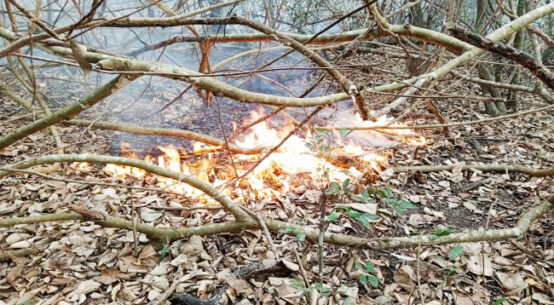It is pretty amazing that Bangladesh is on its way to becoming a major source of recycled yarn and fabrics made from plastic bottles. Reportedly, some Bangladeshi companies have already set up plants investing hundreds of crores of taka to make flakes from waste plastic bottles, which will be used to make yarn and fabrics. Recycled yarns are used to make some high value-added garment items such as jerseys, jackets, quilts, padding and outerwear.
It is a growing global trend now to make yarn from recycled plastic bottles, as Western consumers are becoming increasingly conscious about saving the environment from plastic pollution. As the demand for such garment products is increasing worldwide, Bangladesh can take this opportunity to become a major producer of yarn and fabric made from plastic.
More often than not Bangladesh is portrayed as a case study on poor working conditions. If international media wants to highlight safety, Bangladesh is their favourite punching bag. And, of course, for pollution, water wastage and so on; the spotlight is always put on Bangladesh.
Reportedly, international retailers and brands are asking suppliers to add 25-30 percent of the raw material made from plastic to the finished garment items. Bangladeshi companies mostly import these recycled yarns from China. But the price of the yarn has increased a lot in the international market, which has led some Bangladeshi companies to plan for producing their own plastic flakes and yarns.
It is good to know that already seven local mills have set up plants to produce flakes from waste plastic bottles. While some of them have already started their production, they are struggling to get the required raw material for production. The problem is that plastic waste and bottles are usually collected in an informal way. If this process could be formalized and incentivized, the collection would definitely increase. Also, the seabed of the Bay of Bengal could be explored to extract plastic bottles currently polluting its waters.
Being the 10th most plastic-polluting country in the world (according to the Earth Day Network, 2018), it should be our priority to invest more in setting up recycling facilities. The National Action Plan for Sustainable Plastic Management has set a target of recycling 50 percent of plastic by 2025. In order to fulfill that target, more companies should come forward to make plastic flakes to be used to make garment products.
Besides, recycled plastic can be used to produce many day-to-day household products. While reducing our consumption of plastic is very important, it is equally vital to reuse and recycle them. And we believe that more Bangladeshi companies will come forward to set up recycling plants to beat plastic pollution in the country.

